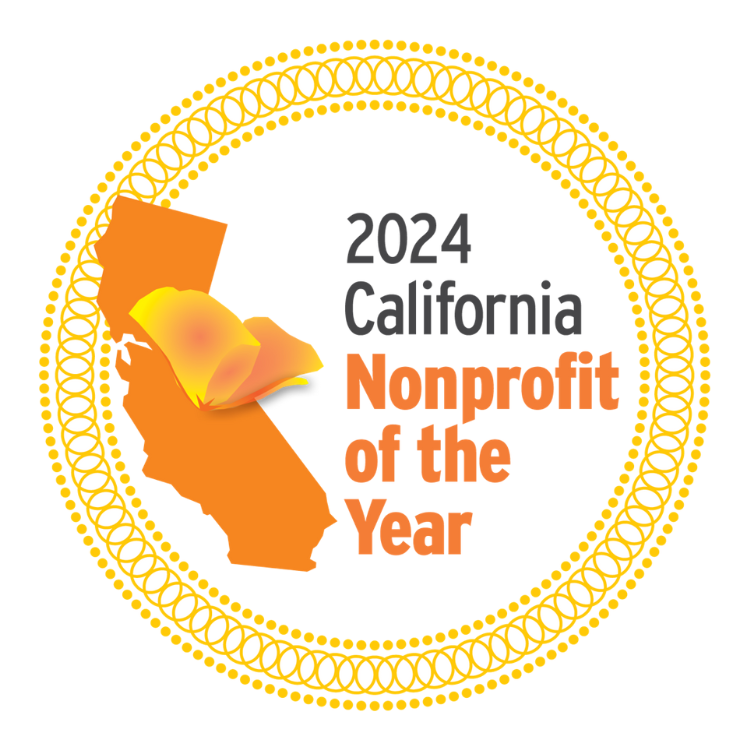Rancho Mission Viejo Riding Park at San Juan Capistrano is a 40-acre equestrian riding park that sits next to the San Juan Creek.
Contaminated water from horse facilities contributes to high levels of bacteria, nitrogen and phosphorus harming San Juan Creek, including critical habitat for Southern California Coast Steelhead – an endangered fish species. Families run the risk of getting sick from splashing in the water contaminated by bacteria from facilities that don’t satisfy standards for properly managing pollution. This is not acceptable.

Polluted water at the Arizona Crossing at San Juan Creek
How does Coastkeeper protect Orange County’s waters through legal action?
Coastkeeper specializes in water quality enforcement and has made great strides in improving water quality for all of Orange County during its 18-year history.
Through legal enforcement, Coastkeeper has developed stronger permits that regulate stormwater and urban pollution and successfully worked with more than 70 local facilities to prevent industrial runoff and help them come into compliance with the clean water laws.
What is Coastkeeper’s role in protecting San Juan Creek?
Fall of 2016: Local residents and others notified Coastkeeper of pollution in San Juan Creek and we performed our own investigation.
After conducting multiple site visits and reviewing publicly available information from regulatory agencies, Coastkeeper confirmed the public complaints and uncovered additional violations of the Clean Water Act.
March 31, 2017: Coastkeeper submitted a 60-day notice letter to the U.S. Environmental Protection Agency, the U.S. Environmental Protection Agency – Regional Office, the U.S. Department of Justice, the San Diego Regional Water Quality Control Board (“Regional Board”), the State Water Resources Control Board, the U.S. Army Corps of Engineers, the City, and Blenheim, informing them of our Clean Water Act allegations and providing them time to notify us of any ongoing or planned enforcement or investigations similar to Coastkeeper’s Clean Water Act allegations against the City and Blenheim. No governmental party intervened during the 60-day period.
April 2017: Our legal team met with officials of the City of San Juan Capistrano and toured the Riding Park facility with City representatives and Blenheim representatives.
We requested that the City provide a comprehensive plan to obtain proper permits and fix the issues outlined in our notice letters with a timeline for completion, but the City did not provide such a plan.
During our tour, we discovered that the Riding Park confines enough horses to be classified as a Concentrated Animal Feeding Operations (CAFO). CAFO’s are required under federal law to meet a higher standard than other dischargers because of the significant harm these types of facilities pose to surface and groundwater quality.
May 4, 2017: Coastkeeper supplemented our earlier notice letter, informing the same parties that we now alleged the Riding Park was a large horse CAFO. Further, the large horse CAFO discharged to San Juan Creek and was not enrolled in a state and federally required CAFO permit or Industrial Storm Water Permit. We alleged the continued discharge from the site, without a permit or a waiver, was a violation of the Clean Water Act.
June 2, 2017: Coastkeeper filed a Clean Water Act complaint in Federal Court. The lawsuit cites multiple Clean Water Act violations at the Riding Park, Reata Park and Arizona Crossing – a man-made road through San Juan Creek.
July 5, 2017: Coastkeeper amended our Clean Water Act complaint to include the allegations related to the Riding Park being a large CAFO.
November 3, 2017: The Regional Board confirmed that the Riding Park is a large horse CAFO and directed the City to submit a permit application (known as a Report of Waste Discharge or ROWD) that includes specific large CAFO details. As an interim measure, the City was directed to obtain coverage under the Industrial Storm Water Permit.
Winter – Summer 2018: Coastkeeper’s qualified outside experts visited the Riding Park during dry and wet weather events to monitor how the site controls pollutants. Sample results were collected by the City during a winter rain event. These results, and ongoing engineering analysis, were analyzed by the parties to ascertain how the site performs against state and federal requirements.
The parties continued to litigate, with multiple depositions and motions filed by each party continuing through June. Engineering solutions were discussed between the parties throughout the summer.
September 7, 2018: Coastkeeper, the City, and Blenheim agreed to a tentative settlement to resolve the issues raised in our lawsuit. Coastkeeper served copies of the proposed consent decree to the U.S. Environmental Protection Agency, the U.S. Environmental Protection Agency’s Pacific Southwest region, and the U.S. Department of Justice for a mandatory 45-day review period to ensure consistency with the Clean Water Act.
Timeline updated September 2018

Stormwater flowing from the stables to San Juan Creek is visibly growing algae caused by nutrient found in horse manure.
What is a Concentrated Animal Feeding Operations (CAFO)?
Facilities that confine 150 or more horses for at least 45 days in a 12-month period concentrate animal waste and wastewater and are managed differently than other animal facilities. Due to the number of animals confined in a relatively small area, these facilities are called Concentrated Animal Feeding Operations or “CAFOs”, and are required to obtain a permit under the Clean Water Act.
CAFO permits regulate animal waste and wastewater generated at facilities like the Riding Park to protect water quality from harmful pollutants associated with animal waste. Facilities are required to prevent waste from leaving the site due to environmental and human health harm posed by animal waste and wastewater discharges. If not properly managed, animal waste can run off into our waters during storms or during non-storm events, such as when facilities are cleaned or when animals are washed.
How Coastkeeper is holding the City and Blenheim accountable
On July 5, due to the seriousness of illegally operating a Concentrated Animal Feeding Operation, we took further legal action to protect the public and aquatic life from harmful pollution flowing from the Riding Park into local waters.
With an amendment to our existing lawsuit, we aim to hold the City of San Juan Capistrano and Blenheim Facility Management accountable for unpermitted operations of a large-scale equestrian event center that qualifies as a Large Concentrated Animal Feeding Operations (facilities that confine 500 or more animals for at least 45 days in a 12-month period). The Riding Park has the capacity to board up to 1,100 horses at one time, and boarded over 8,300 horses total during 2016.
 The amended complaint completes our allegations of Clean Water Act violations by the City of San Juan Capistrano and Blenheim Facility Management. The allegations in Coastkeeper’s complaint are serious and chronic violations of the Clean Water Act impacting those who use and enjoy San Juan Creek and Doheny State Beach. Those allegations include:
The amended complaint completes our allegations of Clean Water Act violations by the City of San Juan Capistrano and Blenheim Facility Management. The allegations in Coastkeeper’s complaint are serious and chronic violations of the Clean Water Act impacting those who use and enjoy San Juan Creek and Doheny State Beach. Those allegations include:
- Owning and operating an unpermitted horse Concentrated Animal Feeding Operation discharging to San Juan Creek and Doheny Beach without effective pollution controls.
- Owning and operating a facility discharging storm water from industrial areas to San Juan Creek without a permit.
- Threatening local water quality by failing to properly regulate discharges under the City of San Juan Capistrano’s Municipal Separate Storm Sewer System Permit.
- Filling portions of San Juan Creek and onsite wetlands with dirt and debris, including construction debris, without consulting with state or federal agencies and without obtaining proper permits.
Protecting San Juan Creek protects everyone
San Juan Creek is an important local waterway to Orange County and currently listed by the state of California as “impaired” under the Clean Water Act for bacteria, phosphorus and nitrogen (Phosphorus and nitrogen can cause algal blooms. For more information on how algal blooms can harm your health see this video by the EPA) . It provides critical habitat for endangered Southern California Coast Steelhead, and it empties into Doheny State Beach – a popular surfing and swimming destination and one of the most polluted beaches in California due to its high bacteria levels.






